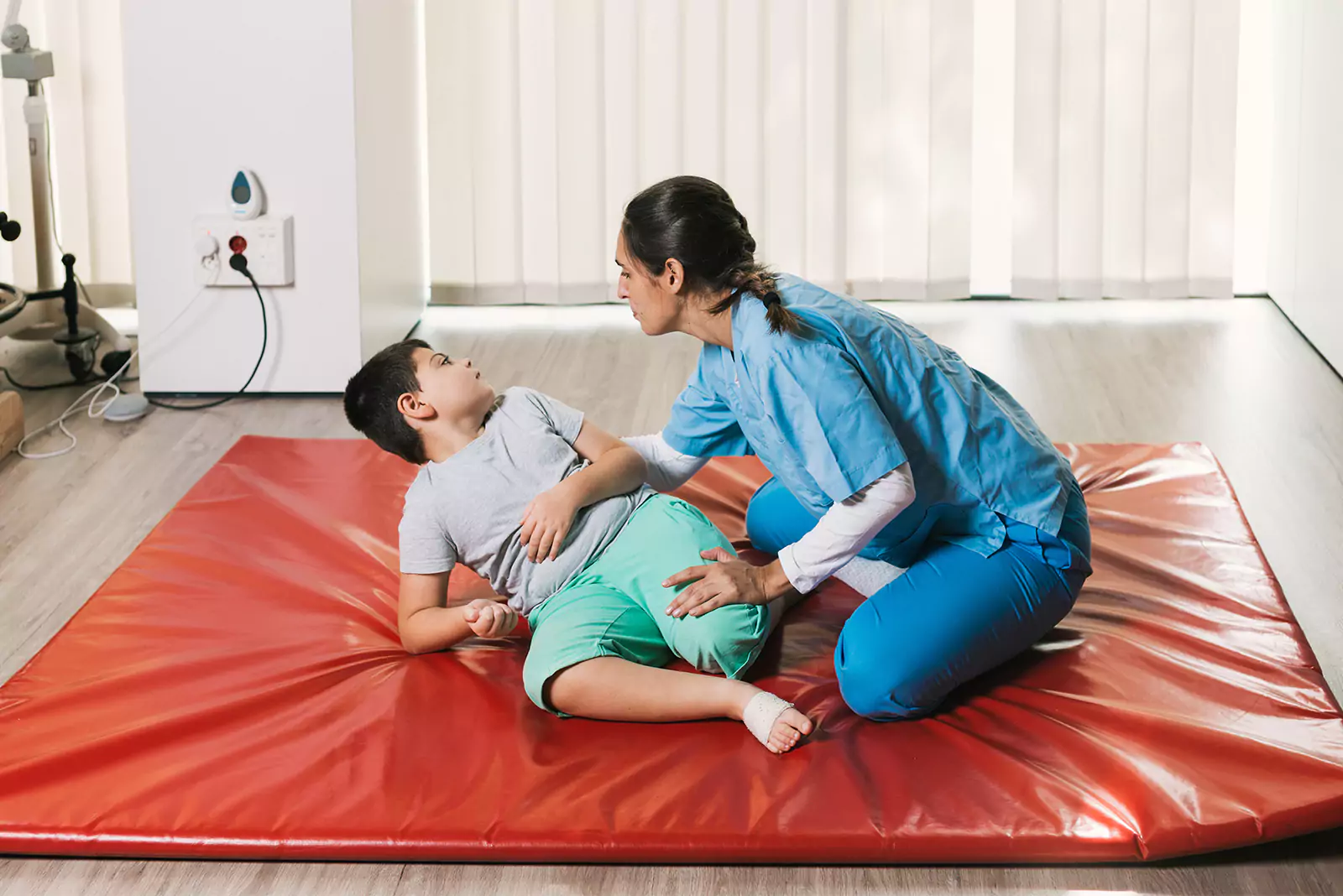
What Is Developmental Coordination Disorder?
Developmental Coordination Disorder (DCD), sometimes referred to as Dyspraxia, is a neurodevelopmental condition that affects a child's ability to perform coordinated motor tasks. Children with DCD may appear clumsy, awkward, or slow in movements that require precision, balance, or fine motor control—such as handwriting, tying shoelaces, or catching a ball.
This disorder is not due to muscle weakness or neurological disease; instead, it is linked to how the brain processes motor planning and coordination. DCD can significantly impact academic achievement, social interaction, and emotional wellbeing if not properly identified and supported.
Signs and Symptoms
Depression symptoms can vary in intensity and duration, but they typically include:
-
Trouble with balance and coordination (frequent tripping or bumping into things)
-
Difficulty with tasks like riding a bicycle, buttoning shirts, or using scissors
-
Poor handwriting or struggling with drawing and copying shapes
-
Messy eating (spilling or using utensils improperly)
-
Problems with sports or physical education
-
Delayed developmental milestones (e.g., crawling, walking, jumping)
-
Trouble manipulating small objects (puzzles, building blocks)
-
Fatigue during tasks that require sustained motor effort
-
Frustration with tasks others find easy
-
Low self-esteem or fear of embarrassment
-
Avoidance of group activities or peer interaction
-
Anxiety or behavioral outbursts due to task failure
How DCD Is Different from Other Conditions
-
Cerebral palsy or muscular dystrophy
-
Intellectual disability
-
Vision or hearing impairments
-
ADHD (Attention-Deficit/Hyperactivity Disorder)
-
Specific learning disabilities (dyslexia, dyscalculia)
-
Autism Spectrum Disorder
-
Anxiety or mood disorders
Recognizing the unique motor-based difficulties of DCD helps differentiate it from general clumsiness or behavioral concerns.
Causes and Risk Factors
While the exact cause is unknown, DCD is thought to result from:
-
Differences in brain development affecting motor coordination
-
Premature birth or low birth weight
-
Prenatal exposure to toxins (e.g., alcohol, tobacco)
-
Family history of coordination difficulties or learning challenges
The condition affects around 5–6% of school-aged children, and boys are more frequently diagnosed than girls.
Support Strategies and Interventions
DCD is manageable with early and consistent interventions.
-
Occupational Therapy: To improve fine motor control, handwriting, and daily living skills
-
Physical Therapy: To enhance balance, posture, and gross motor coordination
-
Cognitive-Motor Interventions: Task-based approaches that break down complex actions
-
Individualized Education Plans (IEPs) or classroom accommodations
-
Use of assistive devices (e.g., pencil grips, typing software)
-
Extended time for tests or assignments
-
Encouragement and structured routines
-
Use of visual schedules or step-by-step instructions
-
Positive reinforcement and patience
Diagnosis and Assessment
Early diagnosis allows for tailored interventions and support in school and at home.
Evaluation Includes:
-
Developmental history and parental interviews
-
Standardized motor skill tests (e.g., Movement Assessment Battery for Children)
-
Observation in real-life tasks (e.g., writing, tying shoelaces)
-
Ruling out other physical or intellectual impairments
To meet diagnostic criteria (DSM-5), symptoms must:
-
Significantly interfere with daily activities
-
Not be better explained by intellectual disability or neurological conditions
-
Be present from early developmental stages
Impact on Daily Life
DCD can affect multiple aspects of a child’s life, often beyond what is visible:
-
Academic Difficulties: Trouble writing, using tools, or staying organized in the classroom
-
Social Withdrawal: Embarrassment in group activities or sports
-
Independence: Challenges with dressing, self-care, or packing a bag
-
Emotional Health: Frustration, fear of failure, or avoiding new tasks
Without support, children with DCD may internalize these struggles, leading to long-term emotional distress.
How Calida Rehab Supports Children with DCD
Calida Rehab provides comprehensive developmental assessments and therapy for children diagnosed with Developmental Coordination Disorder. Our multidisciplinary programs include:
-
Pediatric occupational and physiotherapy
-
Cognitive-behavioral support to build confidence
-
Sensory integration therapy
-
Family counseling and training
-
School readiness programs
Our centers in Pune, Mumbai, and Karjat offer child-friendly, compassionate environments where each child can thrive at their own pace.
Frequently Asked Questions - FAQs
No. Clumsiness can be temporary or age-related. DCD is a diagnosable condition involving persistent motor coordination difficulties.
Some children improve with age and support, but motor coordination difficulties often persist into adolescence and adulthood.
Absolutely. With the right accommodations and therapy, children with DCD can excel academically and socially.
No. Children with DCD typically have normal or above-average intelligence. Their motor challenges are unrelated to cognitive ability.
Yes. Targeted occupational and physical therapy can significantly improve motor function and daily independence.
Final Word
Children with DCD experience the world differently—but with support, they can build confidence, skills, and joy in movement. Early recognition, tailored care, and a nurturing environment can make all the difference in helping them thrive, not just cope.